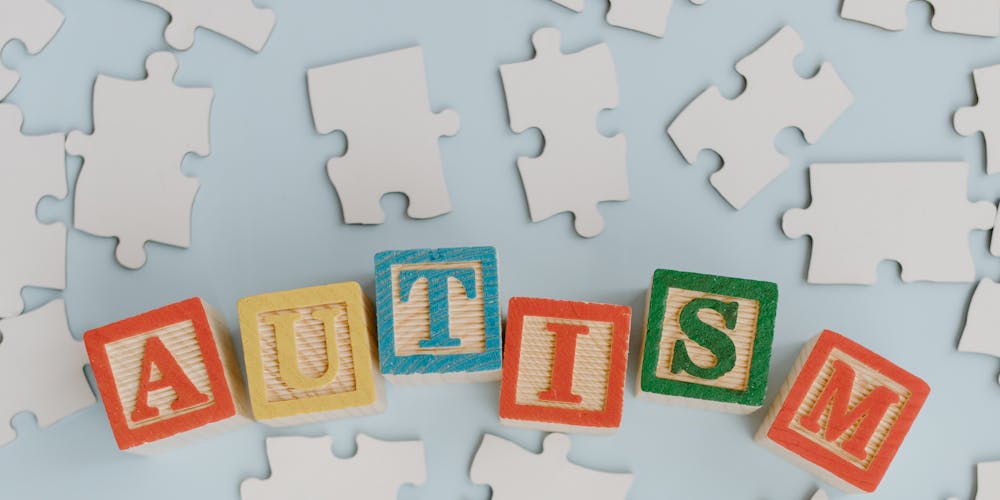Being disabled and unable to work may cause significant financial stress. If you find yourself in this situation, financial support like disability benefits and food stamps can be an essential part of providing for yourself and those you love. Often, those struggling with a disability have many questions about available benefits and what conditions apply.
Frequently, one of the questions that arises is – if I qualify for SSDI benefits, will I also be able to get food stamps? It’s an understandable question to ask. Fortunately, the short answer to that question is yes – if certain conditions are met. Let’s take a closer look at these types of benefits and the conditions for receiving each one.
A Few Facts About Food Stamps
Food stamps are provided through the Supplemental Nutrition Assistance Program (SNAP). SNAP is a federal program administered by the United States Department of Agriculture, but generally, applications for food stamps are addressed and approved at the state level. As a result, each state may have slightly different rules regarding eligibility for food stamp benefits. In every state, however, applicants must meet certain income and resource limits to qualify.
For many families who need to stay on a certain budget, food stamps are an essential part of being able to purchase and provide nutritious food. As a result, it will be essential to consult with an attorney who knows and understands the guidelines and the law in your particular state and can advise you on whether you may qualify for food stamps and various other types of benefits.
A Closer Look at SSDI Benefits
Social Security Disability Insurance (SSDI) benefits are payments made by the Social Security Administration to disabled individuals who meet the necessary criteria for receiving benefits. Generally, the applicant must have a qualifying medical condition that has rendered the applicant unable to work for at least one continuous calendar year or more. In addition to having a qualifying disability, the applicant must also have worked a job for a sufficient length of time and also regularly paid a portion of their salary to the Social Security Administration. This means that the individual is “insured” in the eyes of the Social Security Administration.
Unlike SNAP benefits, individuals must not have income and resources below a certain level to qualify for SSDI benefits. As a general rule of thumb, the amount of SSDI benefits awarded is typically based on an individual’s earning history. SSDI benefits will generally continue for as long as the disability remains or until the individual reaches retirement age and their benefits transition from disability to retirement benefits.
How Will SSDI Benefits Affect SNAP Eligibility?
The good news for those hoping to receive both SSDI benefits and food stamps is that SNAP does have special eligibility rules for disabled individuals. If you are receiving SSDI benefits and want to also apply for food stamps, SNAP requires that your household usually meet the following two conditions:
- Your net monthly income is equal to or below 100% of the federal poverty line, AND
- Your countable assets amount to $4,250 or less.
For those who live alone, living below 100% of the federal poverty line generally means that your net income must be $1,215 a month or less, and for married couples, $1,643.33 per month or less.
For disabled individuals receiving SSDI benefits, it is important to understand that SNAP will count SSDI benefits as income. However, under something known as the “SNAP Excess Medical Expense Deduction Provision,” disabled individuals may, in qualifying cases, deduct unreimbursed out-of-pocket medical expenses that exceed $35 a month from their net income. This may help these individuals to qualify for the net income test and be approved for benefits. Depending upon your unique circumstances, this deduction can be substantial and could ultimately result in a higher SNAP benefit.
As with any complex legal matter, it is essential to consult with an attorney who knows and understands the law regarding the various benefits available and how your unique circumstances might affect your eligibility. At Liner Legal, we’re here for you.
Liner Legal – Your Disability Benefits Attorneys
At Liner Legal, we understand the many difficulties and challenges that disabled individuals face each day. When you’re facing these challenges, you don’t need the added stress of worrying about how you’ll pursue the disability benefits and support you need. That’s why the knowledgeable and experienced team of attorneys at Liner Legal is here to help you pursue the benefits you need and deserve. If you’re ready to get started, we’re here for you. We would welcome the opportunity to discuss your situation and let you know how we might be able to help. Give us a call today. We look forward to speaking with you soon.







